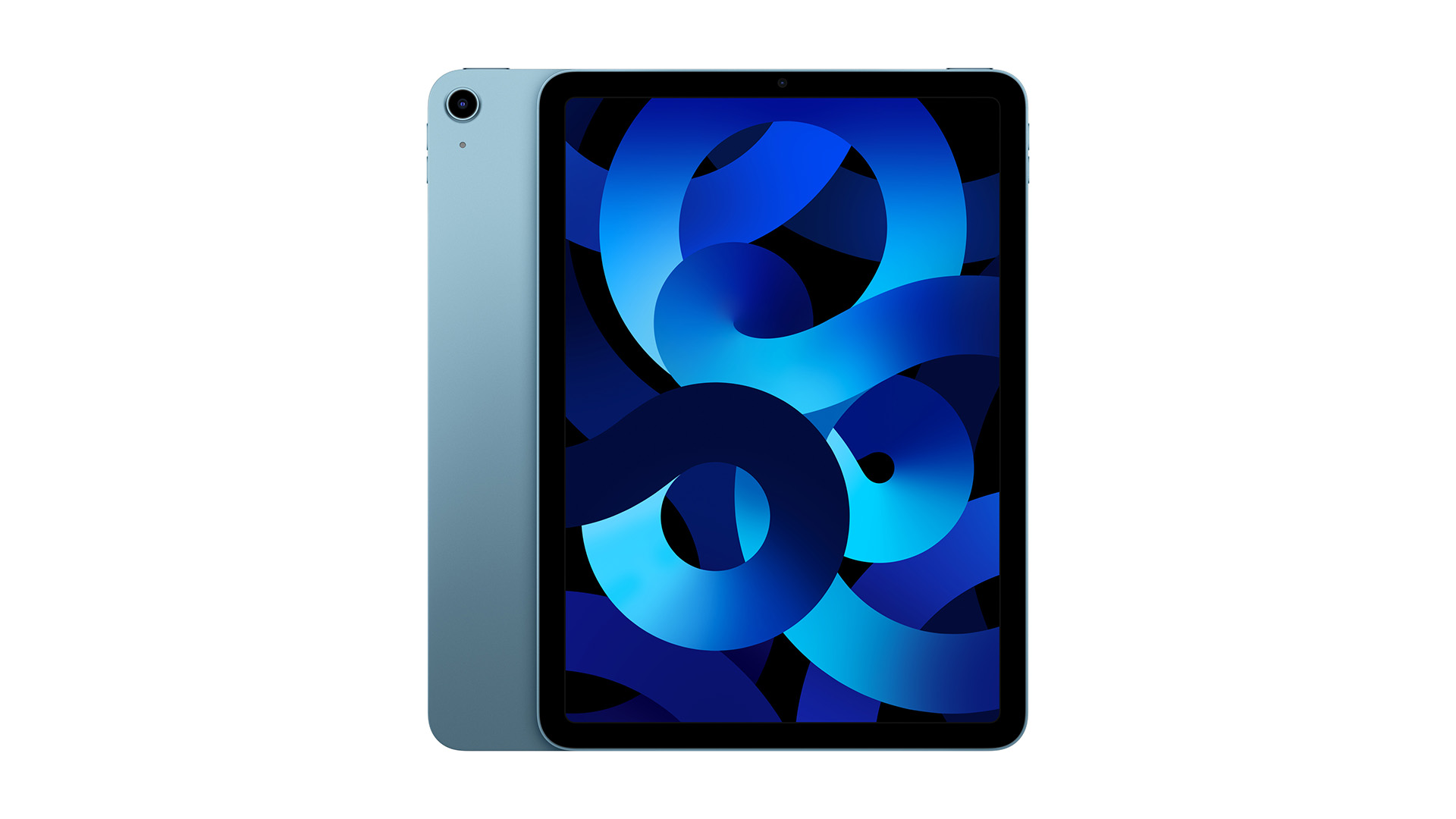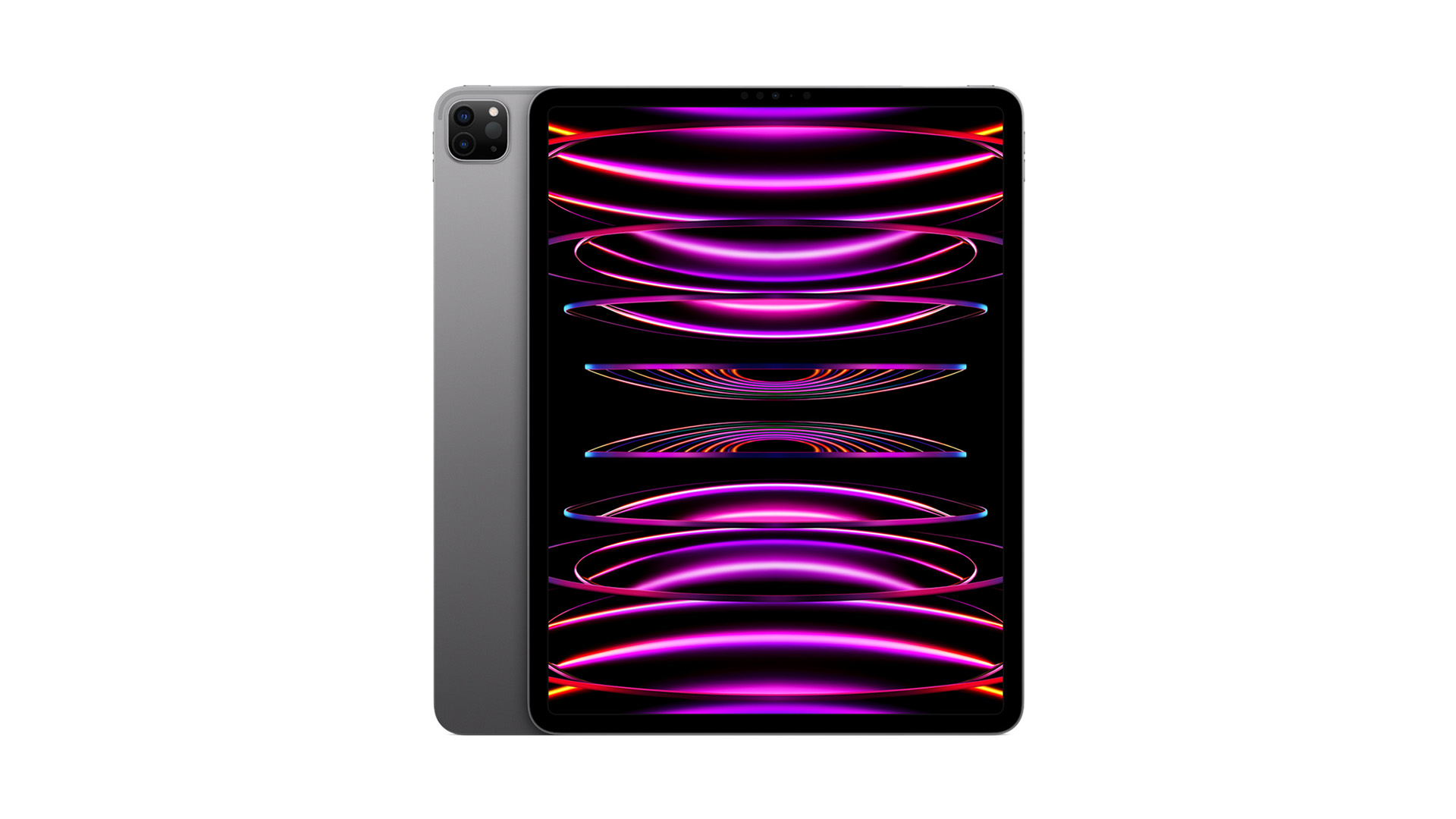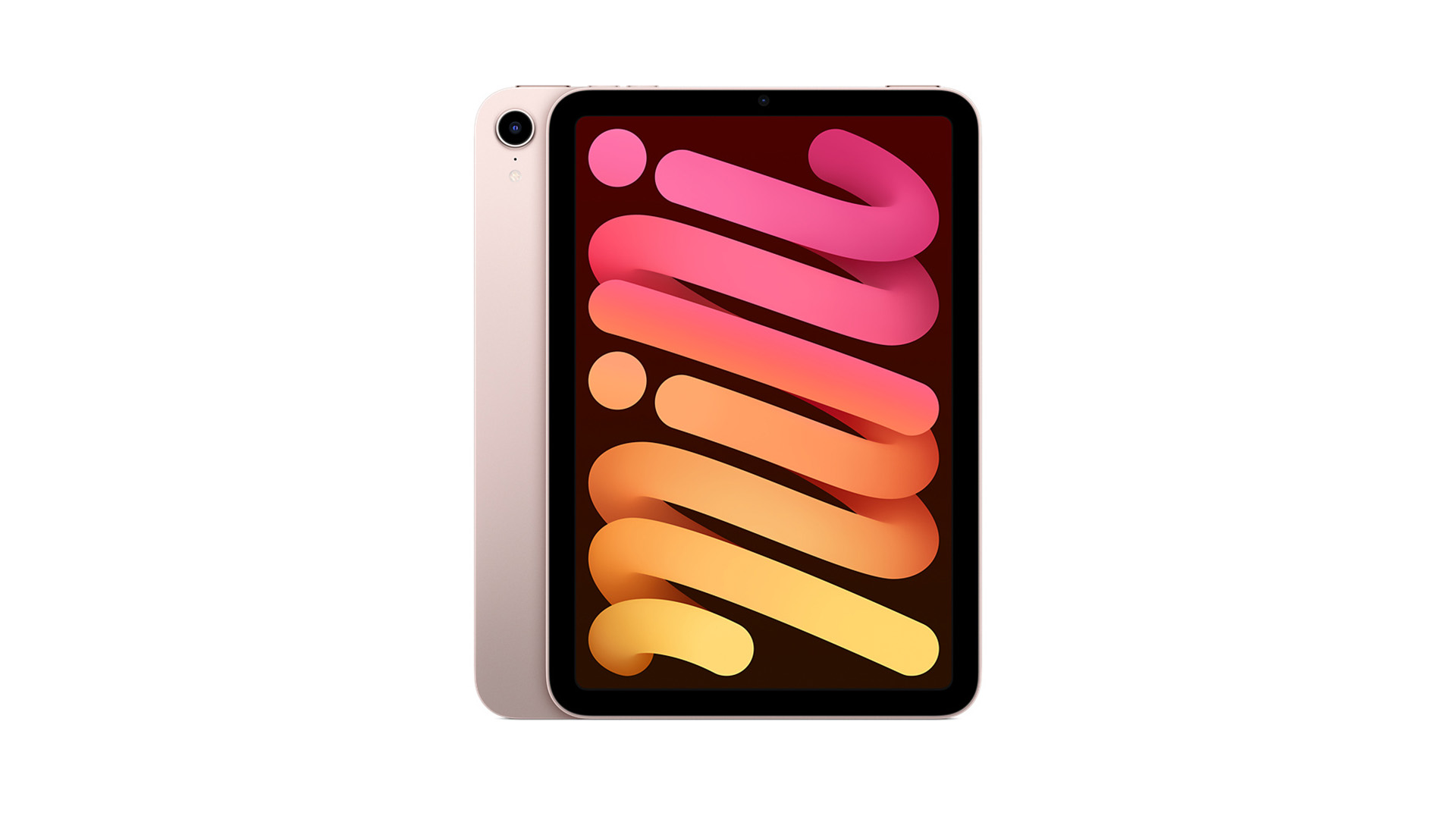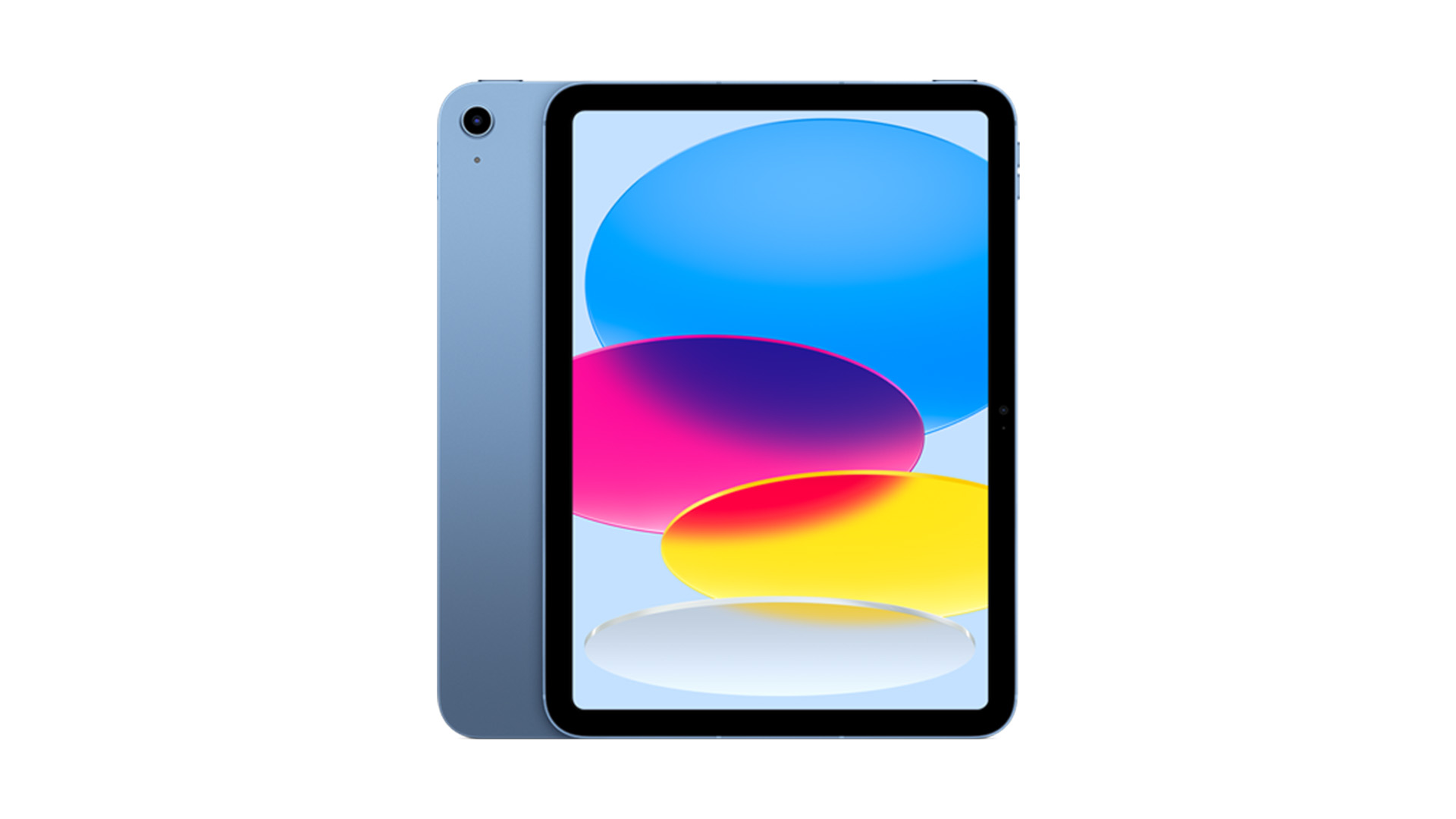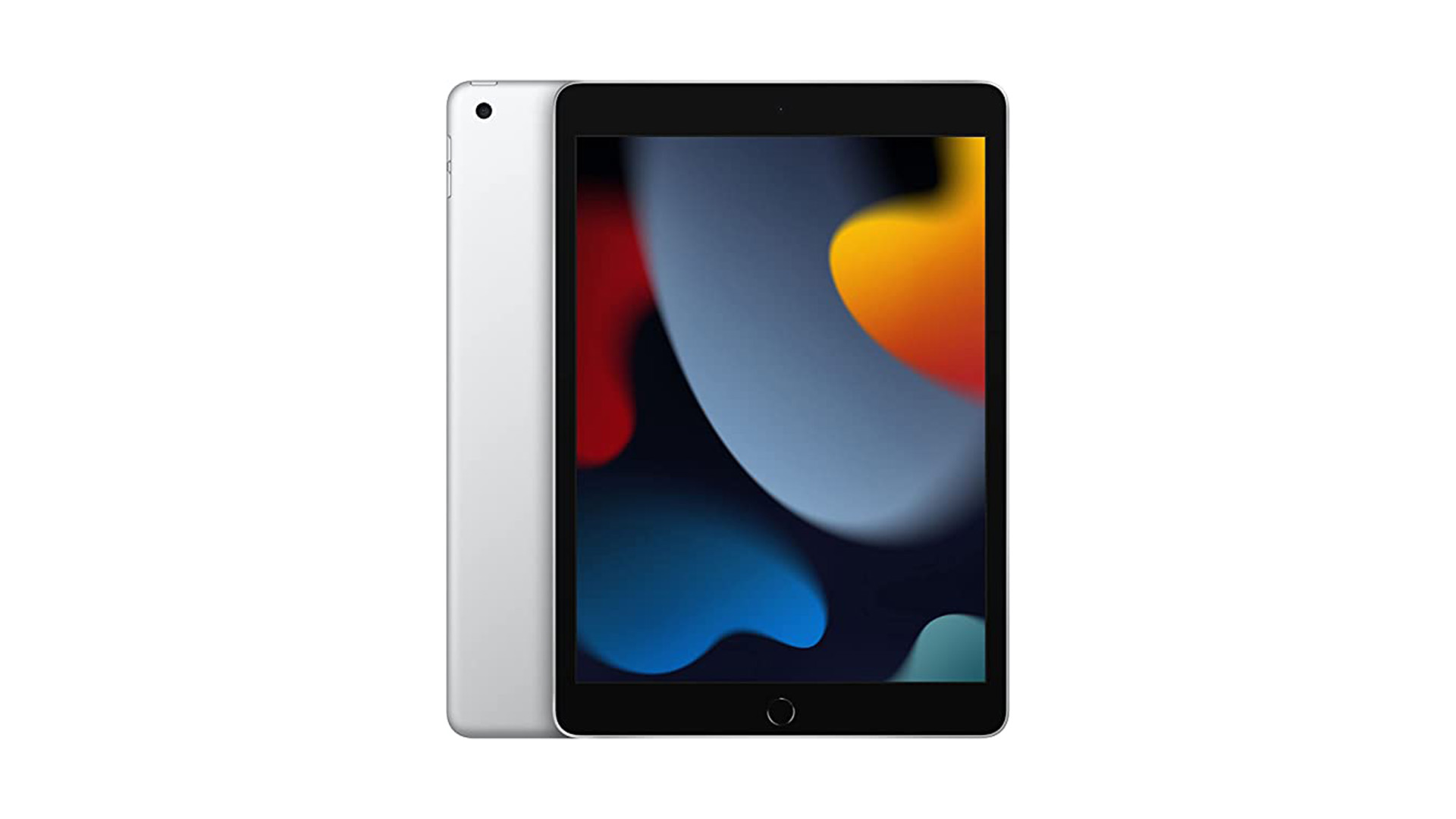Best iPad for students: Which iPad should you buy?
Whether it's for studying or a bit of afternoon Netflix, we're here to help our you choose the best iPad to grab.
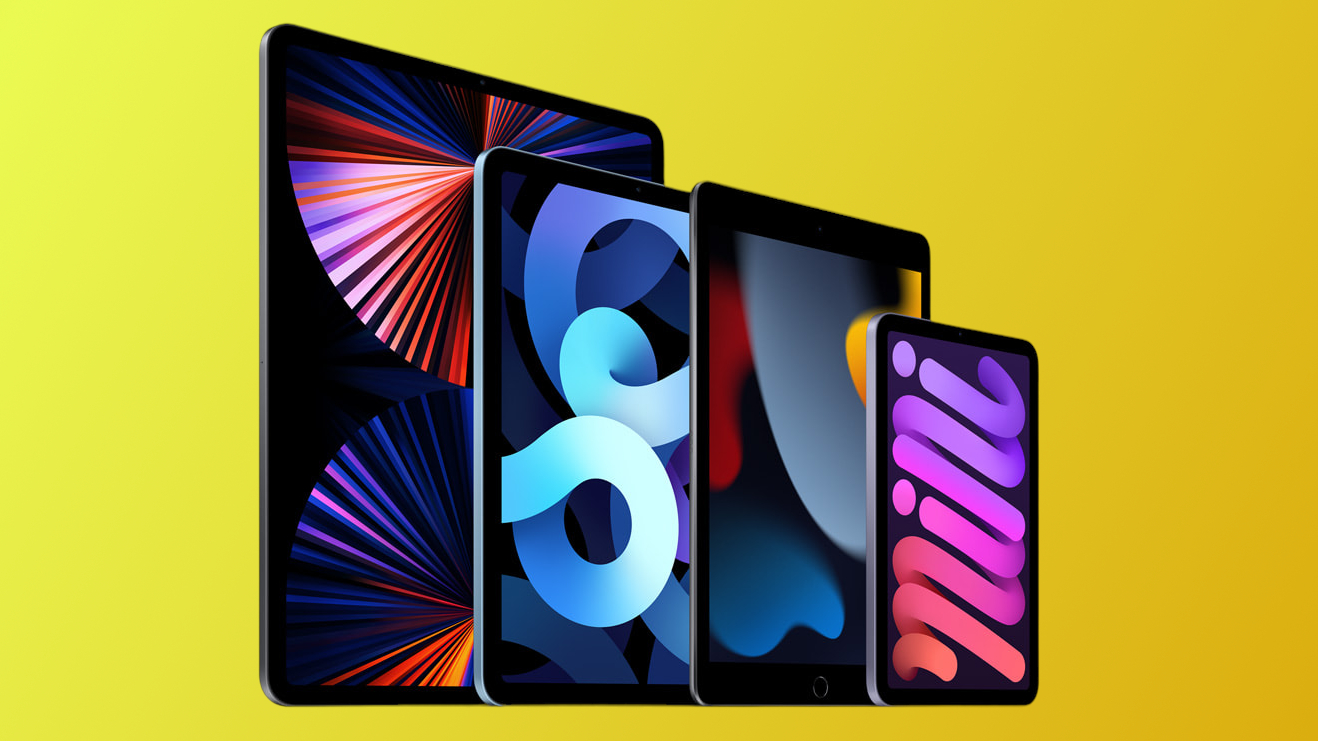
If you're looking for a student tablet, Apple's iPad is well worth a look - but which is the best iPad to pick? With so many options, it's not an easy decision to make.
Initially positioned as a slate of glass that can become whatever the user needs it to be, the iPad has grown to encompass a range of products with different screen sizes, display features, compatible accessories, and more.
Naturally, that means there's a significant price difference between the basic iPad ninth-generation and the M2-equipped iPad Pro. That's without considering the tenth-generation iPad which is considerably more expensive than its predecessor.
Do you want an iPad Mini to put in your back pocket and scribble down notes in lectures? Do you want the iPad's stunning display for creative work like photo editing? Are you looking for something just for Netflix and social media when the day is done? Factor in more than one Apple Pencil variant, different keyboard options, and even different charging ports, and there's plenty to think about.
If you want to see how Apple's tablets shape up against other brands, our guide to the best tablets for students has you covered, and we also have a best MacBooks for students guide if you're looking for a laptop instead of a tablet.
iPad Air M1 - the best iPad overall
Specifications
Reasons to buy
Reasons to avoid
We'll lay our cards on the table - the iPad Air M1 represents the best value proposition in the iPad lineup now, making it a perfect iPad for students.
The iPad Air M1 is the cheapest way to get an iPad with an M-series chip, which is the same as you’d find in many of Apple’s computers. It’s a powerful chip, and while there’s an argument that it can’t do a great deal more than A-series options, Apple has started to fork the road and put more M1 and M2-specific features into iPads.
At the moment, those revolve around external display support – only M1 and M2 iPads can show off additional apps on your display, and they support dragging and dropping to a bigger screen, too.
Outside of that, the M1 iPad is lightning fast for general tablet use, and still supports the (very expensive) Magic Keyboard if you want a more laptop-like experience. It’s also great for artists because it supports the second-generation Apple Pencil, which can be charged by magnetically attaching it to the side of the tablet.
Expect some great deals if the M2 version arrives soon.
- Read our full iPad Air M1 review.
iPad Pro M2 - the most powerful iPad
Specifications
Reasons to buy
Reasons to avoid
If the M1 is a very powerful chip, then the M2 feels even more like overkill in a tablet. Sure, there are plenty of demanding apps that are hungry for the extra utility on offer, but unless you’re using a video editing app, or using the M-series specific reference mode for color adjustments (a feature exclusive to the 12.9-inch model, no less), there’s very little the iPad Pro M2 (or the prior iPad Pro M1 version) can do that the Air M1 can’t.
It does have some small “nice to have” touches, like a variable refresh rate Apple calls ProMotion, Face ID unlocking, and the USB-C port is much faster. However, the high price of admission, particularly for the larger tablet, makes it a tough device to recommend for all but the most hardcore of tablet users.
It's a little like owning a Ferrari and being forced to sit in a traffic jam, but as we suggested in our full iPad Pro M2 review, if Apple can unleash the M2 iPad Pro, it'll dominate the tablet landscape.
- Read our full iPad Pro M2 review.
iPad Mini - the most portable iPad
Specifications
Reasons to buy
Reasons to avoid
The iPad Mini may look smaller, but don’t be fooled – it’s a very capable device, and Apple has priced it as such. It’s running with the Apple A15 Bionic chip, which is the same found in the (still) very fast iPhone 13 line-up and Apple’s current iPhone 14 devices.
It's ideal for scribbling notes or doodling between lectures, while still offering all the Apple goodness you've come to expect -- Messages, the App Store, and FaceTime included.
The smaller footprint means there’s not an official Apple keyboard made for the iPad Mini, but it can connect to any Bluetooth option you have. It can also use the Apple Pencil (Second Generation) which makes it an ideal note-taking device that can fit in your back pocket. Perfect for those looking for the best tablets for students.
There’s even room for USB-C for more universal connectivity, as well as Touch ID support for fingerprint unlocking built into the lock button.
- Read our full iPad Mini review.
iPad (10th gen) - the best mid-range iPad
iPad (10th Generation)
Specifications
Reasons to buy
Reasons to avoid
At the time of writing, the tenth-generation iPad exists alongside its predecessor, but while it lacks a suffix like Air or Pro, it’s priced considerably higher than the ninth-generation. That makes it tougher to recommend than the 9th generation version (which we’ll come to in a moment).
It’s not a bad tablet though, with a 10.9-inch display that matches the iPad Air’s, and up to 256 GB. Apple even made a new keyboard attachment for it, the Magic Keyboard Folio, but it bizarrely still works with the first generation of Apple Pencil which needs to be jammed into the charging port. The trouble is that because the iPad now has a USB-C connector, it requires an adapter.
It's essentially a more modern design, and whether you want to pay a considerable premium for it will come down to your preference. For our money, though, we'd look to the M1 iPad Air if possible.
iPad (9th Gen) - the best cheap iPad
Specifications
Reasons to buy
Reasons to avoid
The 9th generation iPad may not be long for this world now that its successor is here, but it still has a lot to offer despite its “classic” design.
It may look a little old-fashioned with its squarer corners and home button, but the A13 Bionic chip is still plenty capable and can be found in the iPhone 11 line-up which still doesn’t feel sluggish in everyday use.
It’s got a slower Lightning connector, but since it still uses the first generation of Apple Pencil, it at least doesn’t require an adapter. It’s also the cheapest iPad by a distance, maintaining Apple’s tradition of having a tablet available for under $350.
- Read out full iPad (9th Gen) review.
Get the world’s most fascinating discoveries delivered straight to your inbox.
Lloyd Coombes freelance tech and fitness writer for Live Science. He's an expert in all things Apple as well as in computer and gaming tech, with previous works published on TechRadar, Tom's Guide, Live Science and more. You'll find him regularly testing the latest MacBook or iPhone, but he spends most of his time writing about video games as Gaming Editor for the Daily Star. He also covers board games and virtual reality, just to round out the nerdy pursuits.


